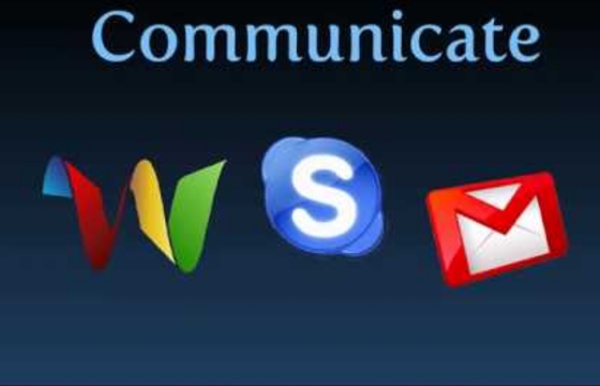



Building your Personal Learning Network A Personal Learning Network (PLN) is a group of people you count on to: guide you in your learningbe your source of advice and resourcesmake you aware of learning opportunitiesshare their best practicespoint you to answers and support This concept of a PLNÂ has been around for many years. What has changed in recent years though is the reach, the size and the availability of that network. The look of a PLN has changed. From your colleagues in the building you work ina cherished personal mentorprofessional development opportunities offered sporadically throughout the yearconferencescollege credit classes taken for re-certification to: BlogsRSS ReadersTwitterNingsSkypePodcastsWikis Your PLN is no longer tied to your zip code and you no longer work in isolation. Your PLN is customized as: it filters the vast information available and pushes what interests youyou choose who is part of your networkyou decide when and how to access and use it Learning how to build your own PLN is: Related 21. 26. 20.
My Personal Learning Environment Lately I've been fascinated by the concept of personal learning environments. As an instructional designer and trainer, I've spent a lot of time trying to develop learning experiences for other people. But through my own personal experiences with Web 2.0 tools, as well as my ongoing belief in constructivist theories of learning, I've come to believe that the future of staff development lies in our ability to go beyond structured training to facilitating informal processes and learning experiences that occur on a daily basis. While there may always be a place for very structured "event-based" learning, I think that we can get more "bang for our buck" if we think about how to help staff use a variety of tools to construct their own learning experiences. To get an idea of what I mean by a personal learning environment (or PLE) , here's a working definition from Ron Lubensky who has written a nice summary on the concept: Note that I mention that informal learning is a big part of the PLE.
100 Education Hashtags for Teachers and EdLeaders So you’ve decided to start developing your Personal Learning Network (PLN). You’ve created a Twitter account, and started following all the key voices in education. Now how do you start getting involved on a deeper level? Hashtags. When used properly, education hashtags can help you take part in important conversations and make valuable connections whether you’re a teacher, principal or superintendent. Some hashtags are genuinely helpful when you are trying to search for important things like #GOPDebate or #NationalCatDay, while some of them are #completelymadeupandridiculous, either on accident or on purpose. Some best practices for educators wanting to up their hashtag game include: About a million and one (actually, probably even more) different hashtags are used every day, and it can all be a bit overwhelming. General Interest Edu Hashtags: 1) #EdChat 2) #EdLeaders 3) #Edu 4) #Education 5) #Educhat 6) #Parents 7) #Principals 8) #Student(s) 9) #Teacher(s) 10) #Superintendents EdTech:
PLN: Your Personal Learning Network Made Easy What is a PLN? If I had to define what a ‘Personal Learning Network’ is, I would keep it simple and broad: n. – the entire collection of people with whom you engage and exchange information, usually online. Personal Learning Networks, or PLNs, have been around forever. Originally, they were your family and friends, maybe other educators you worked with, but as the internet and web 2.0 tools have become nearly ubiquitous, PLNs can include tons of different communities – social networking sites like Facebook, blogs, Twitter, wikis, social bookmarking tools, LinkedIn, and so many more. PLNs have immense value! So, why bother thinking about your PLN? Students can also reap the benefits of tapping into their PLNs. When you have a large group of people combing through vast amounts of information and collectively identifying the most useful, entertaining, or valuable parts, it only makes sense to tap into this collective knowledge! Build Your Own PLN What to Expect – Stages of PLN Adoption
Personal Learning Network Corporate Learning Strategies Daniel R. Tobin, Ph.D. Building Your Personal Learning Network Copyright ©1998 Daniel R. While many companies promise that every employee will receive one or two weeks of training per year, learning should take place every day on the job. I often use the following four-stage learning model to describe how we learn. The Four Stages of Learning Stage 1: Data Stage 2: Information Stage 3: Knowledge Stage 4: Wisdom In today's business world, we are all inundated with data (Stage 1) -- all those manuals, brochures, memos, letters, reports, and other printed material that cross our field of vision every day, not to mention all that we receive electronically. Management expert Peter Drucker has said that when you take data and give it relevance and purpose, you create information. Even when we have information, we must use that information by applying it to our work before we can say we "know it." Who should be in your personal learning network? Home Page